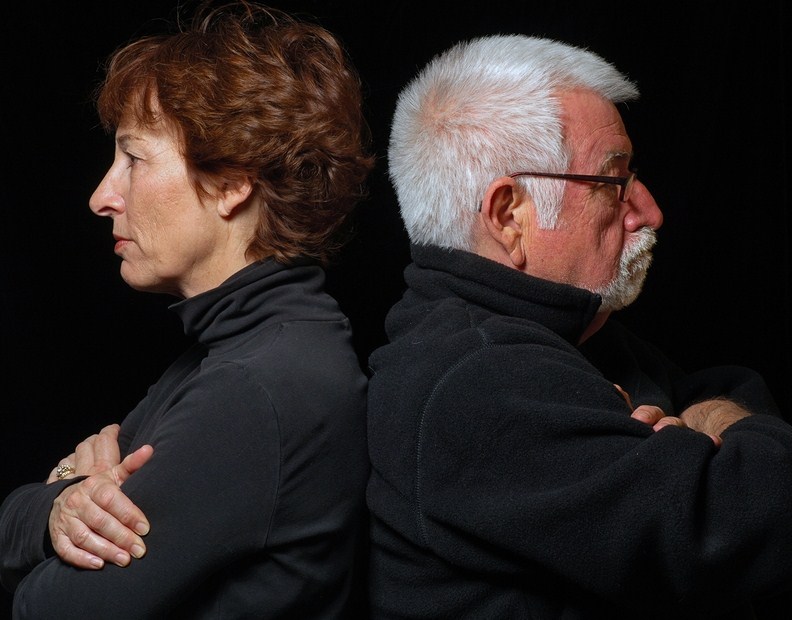- Orphan Train is so beautifully written, and the characters are inspiring. What message would you like your readers to take away from Orphan Train?
- In three sentences, how would you describe your book?
- “TELL ME SOMETHING TRUE”
- Orphan Train is so beautifully written, and the characters are inspiring. What message would you like your readers to take away from Orphan Train?
Many train riders were ashamed of this part of their past, and carried the secret of it for decades, and sometimes until they died. I think that the main message of my novel is that shame and secrecy can keep us from becoming our full selves. It’s not until we speak up that we can move past the pain and step forward.
I hope readers come away with some thoughts about the human experience that hadn’t occurred to them before. And this is kind of touchy-feely, but I hope they are inspired to think about their own lives and relationships.
- In three sentences, how would you describe your book?
Set in present-day Maine and Depression-era Minnesota, Orphan Train highlights the real-life story of the trains that between 1854 and 1929 carried thousands of abandoned children from the East Coast to the Midwest. It’s the story of two women who build an unexpected friendship: a 91-year-old woman with a hidden past as an orphan-train rider and a troubled teen with one last chance at redemption. As they get to know each other, they find unlikely common ground and together are able to undo the emotional knots of their troubled pasts.
- “TELL ME SOMETHING TRUE”
As a novelist I’ve always been interested in how people tell the stories of their lives and what these stories reveal, intentionally or not, about who they are. I am intrigued by the spaces between words, the silences that conceal long-kept secrets, the complexities that lie beneath the surface. And I am interested in the pervasive and insidious legacy of trauma: the way events beyond our control can shape and define our lives. All of my novels address these themes.
Like my four previous novels, Orphan Train is about cultural identity and family history. For the first time, however, I undertook a project that required a huge amount of historical, cultural, and geographical research. This novel traces the journey of Vivian Day, a 91-year-old woman, from a small village in Ireland to the crowded streets of the Lower East Side to the wide-open expanses of the Midwest to the coast of Maine. Her life spans nearly a decade, encompassing great historical change and upheaval.
Orphan Train is a specifically American story of mobility and rootlessness, highlighting a little-known but historically significant moment in our country’s past. Between 1854 and 1929, so-called “orphan trains” transported more than 200,000 orphaned, abandoned, and homeless children from the coastal cities of the eastern United States to the Midwest, where they were taken in and many were eventually adopted. My own background is partly Irish, and so I decided that I wanted to write about an Irish girl who has kept silent about the circumstances that led her to the orphan train. I wanted to write about how traumatic events beyond our control can shape and define our lives. “People who cross the threshold between the known world and that place where the impossible does happen discover the problem of how to convey that experience,” Kathryn Harrison writes. Over the course of Orphan Train Vivian moves from shame about her past to acceptance, eventually coming to terms with what she’s been through. In the process she learns about the regenerative power of claiming – and telling – one’s life story.



